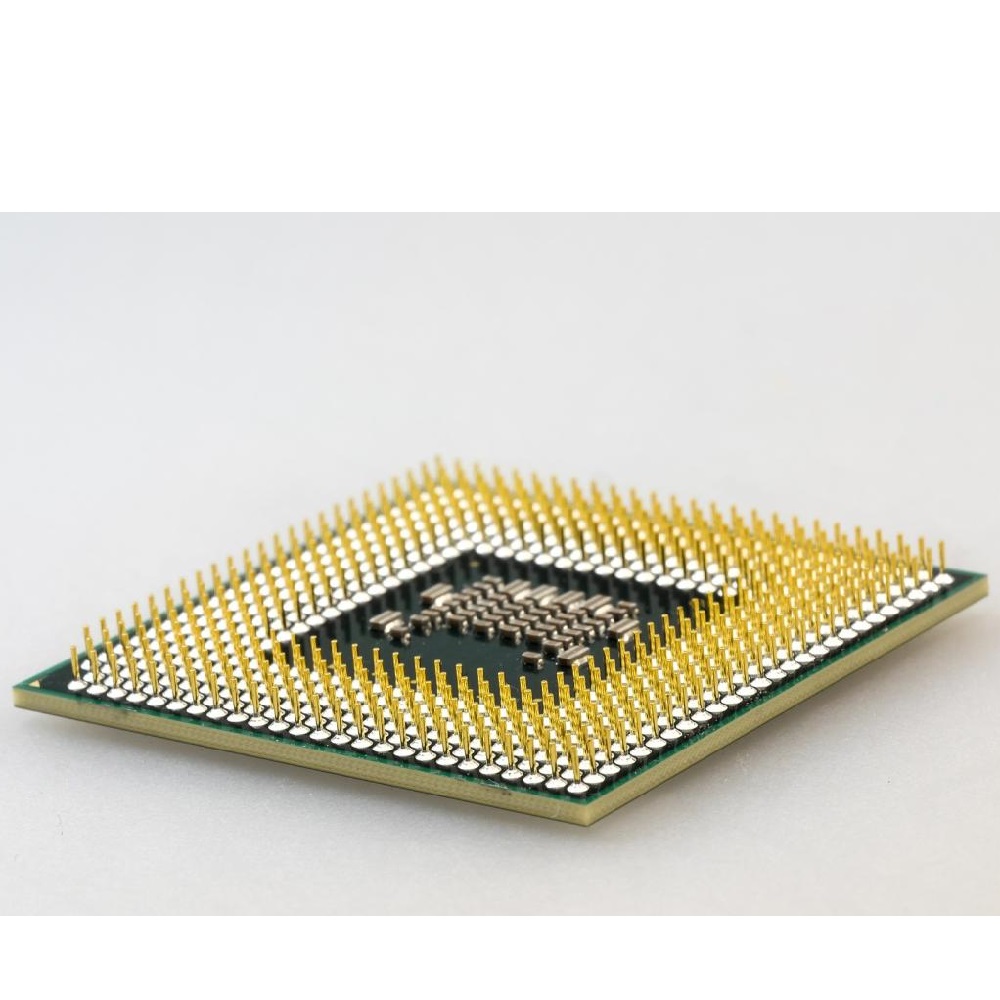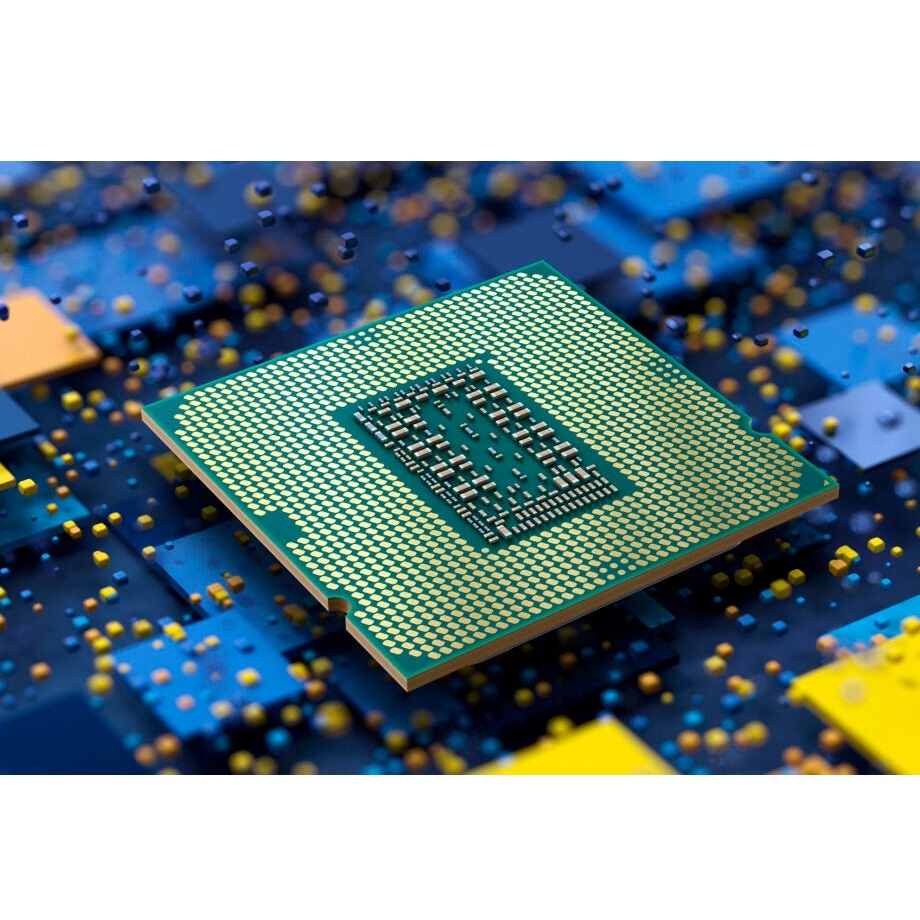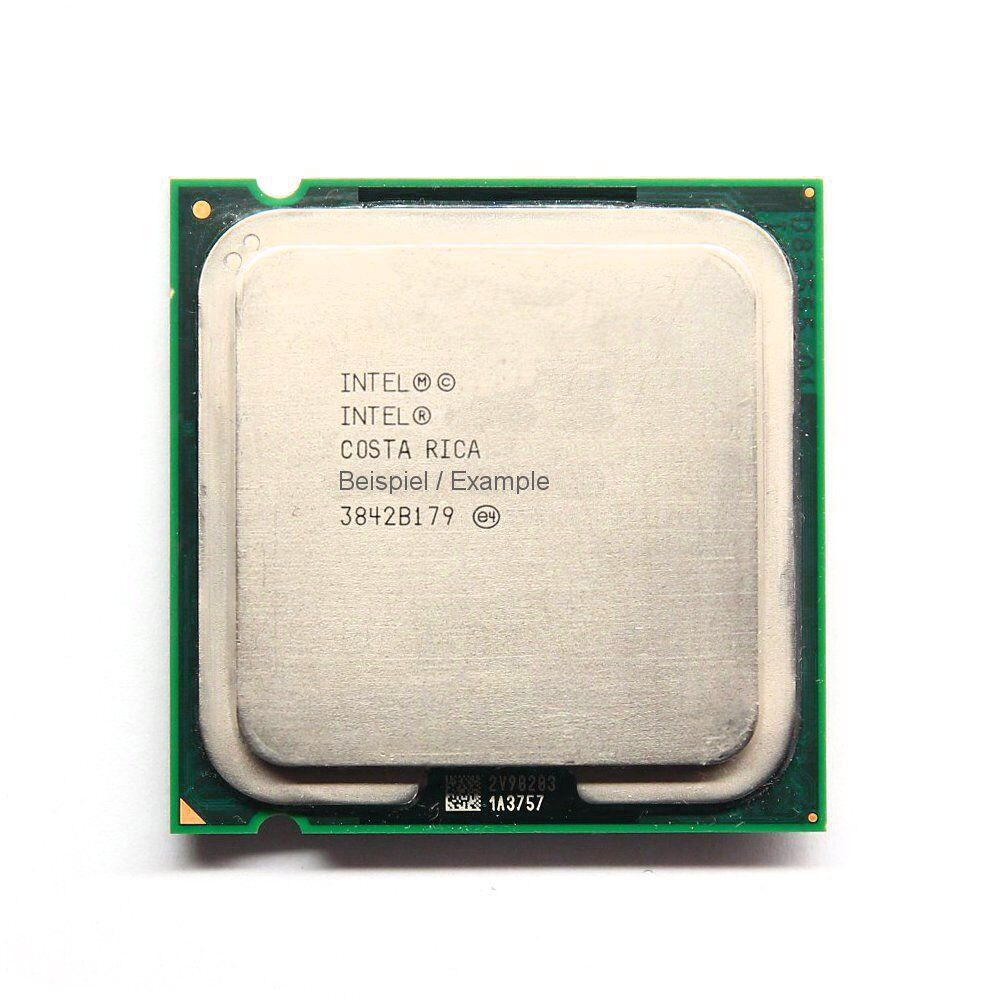Introduction
Processors are the heart of any computer system. They are essential components that execute instructions from software and manage the operations that allow us to perform tasks. There are many types of processors, each serving different purposes. In this article, we will discuss some important examples of processors in computers, exploring their features, functions, and why they matter.
What is a Processor?
A processor, or CPU (Central Processing Unit), is like the brain of the computer. It processes data and executes instructions. Computers use different types of processors based on their design and intended use. Some processors are built for speed, while others focus on efficiency. Each design has its strengths and weaknesses. The choice of processor can impact the overall performance of a computer.

Types of Processors
There are many types of processors available today. The most common ones include:
- Desktop Processors: These processors power our home and office computers. They are designed for general tasks like browsing the internet, word processing, and multimedia consumption.
- Mobile Processors: Found in laptops and tablets, these processors prioritize power efficiency. They ensure that devices can run for long periods on battery while still being able to handle everyday tasks.
- Server Processors: These are used in data centers and servers. They are built to handle multiple tasks simultaneously and can manage large amounts of data.
- Embedded Processors: These are found in appliances or vehicles. They perform specific tasks like controlling the washing machine or managing navigation systems in cars.
Understanding these types sheds light on how processors serve different roles in our lives. They are specialized for various tasks, which enhances their effectiveness in respective areas.
Intel Core i7 Processor
One of the most popular processors in the market is the Intel Core i7. This processor has gained a strong reputation for its performance and versatility. It’s widely used in both desktop and laptop computers.
Features of Intel Core i7
The Intel Core i7 is known for its advanced technology. It usually has multiple cores, allowing it to handle several tasks at once. Most versions of the i7 feature Hyper-Threading, which enables each core to manage two threads simultaneously. This capability enhances multitasking, making it an excellent choice for professionals.
The i7 also supports Turbo Boost technology. This feature allows the processor to overclock itself temporarily. The processor increases its speed when needed, ensuring high performance for demanding tasks like gaming or video editing.
Another vital aspect of the Intel Core i7 is its thermal management. Modern versions include enhancements that allow the processor to run cooler, ensuring reliable performance during prolonged use. This feature contributes to the overall longevity of computers using this processor.
Applications of Intel Core i7
The versatility of the Intel Core i7 makes it suitable for various applications. Gamers appreciate its speed and efficiency, allowing them to enjoy immersive gaming experiences. Content creators, like video editors and graphic designers, rely on its multitasking abilities. They can run multiple demanding applications without experiencing slowdowns.
In addition to gaming and content creation, the i7 is beneficial for business applications. Professionals who work with large datasets or run simulations can rely on the i7 for quick processing times. It helps them complete tasks efficiently, enhancing productivity.
AMD Ryzen 5 Processor
Another significant example of a computer processor is the AMD Ryzen 5. AMD processors have made a name for themselves in recent years. The Ryzen 5 is a mid-range processor that offers excellent performance for its price. This makes it a popular choice for many users.
Features of AMD Ryzen 5
The Ryzen 5 processors come with several notable features. Most Ryzen 5 CPUs include multiple cores and threads. This design allows them to handle multiple tasks simultaneously, similar to Intel’s i7. The architecture of Ryzen 5 is efficient, making it capable of delivering good performance without consuming too much power.
Another key feature is AMD’s Precision Boost technology. This feature allows the processor to automatically adjust its speed based on the workload. If you are performing light tasks, it can save power. When handling demanding tasks, it ramps up the performance, ensuring smooth operation.
The Ryzen 5 also has a competitive advantage in terms of price. It generally costs less than its Intel counterparts while offering comparable performance. This affordability makes it an attractive option for budget-conscious consumers. Whether you’re gaming, working, or simply browsing the web, it provides solid performance for everyday tasks.
Applications of AMD Ryzen 5
The AMD Ryzen 5 is perfect for various applications. Gamers love it for its performance, especially in budget gaming builds. It can run most modern games smoothly at 1080p resolution. Content creators also find it suitable for video editing and graphic design. The multitasking capabilities allow for seamless switching between applications.
In professional settings, businesses can rely on the Ryzen 5 for office tasks and data analysis. It provides enough power for spreadsheet calculations and presentations without any hiccups. This makes it a versatile choice for a range of applications.
ARM Processors
ARM processors are another vital component in the world of computing. These processors are widely used in smartphones, tablets, and embedded systems. They have gained popularity due to their power efficiency and performance.
Features of ARM Processors
One of the standout features of ARM processors is their energy efficiency. They are designed to minimize power consumption while delivering adequate performance. This efficiency is crucial for mobile devices that rely on battery life. ARM processors allow devices to run for long periods without needing a recharge.
Another important characteristic is their architecture. ARM processors use a Reduced Instruction Set Computing (RISC) design. This design simplifies the instructions, allowing for faster execution. It enables ARM processors to perform well, even with less power compared to traditional CPUs.
Moreover, ARM processors are highly customizable. Many companies can license ARM technology and design their chips. This flexibility has led to a diverse range of ARM-based products in the market. From low-cost smartphones to high-end tablets, ARM processors are everywhere.
Applications of ARM Processors
ARM processors play a crucial role in mobile computing. They power most smartphones and tablets. Their energy efficiency ensures that users can enjoy long-lasting battery life. This is why many mobile manufacturers opt for ARM CPUs in their devices.
In addition to mobile devices, ARM processors are commonly found in embedded systems. These systems include appliances, smart home devices, and automotive applications. ARM’s efficient design makes it suitable for devices that require less computational power and lower heat output.
As the Internet of Things (IoT) continues to grow, ARM processors will likely expand their influence. Their versatility makes them ideal for IoT applications where devices need to communicate without using much energy. This adaptability is key as we move towards a more connected future.
Conclusion
In summary, processors are the backbone of computer systems. Each type of processor serves a specific purpose, impacting overall computer performance. Intel Core i7 and AMD Ryzen 5 are excellent examples of processor designed for versatility and power. On the other hand, ARM processors exemplify energy efficiency and customization, crucial in the mobile and embedded markets.
Understanding these processors helps consumers make informed choices when purchasing computer systems. Knowing their features and applications allows users to select a processor that best meets their specific needs. As technology evolves, processors will continue to advance, shaping the future of computing.


